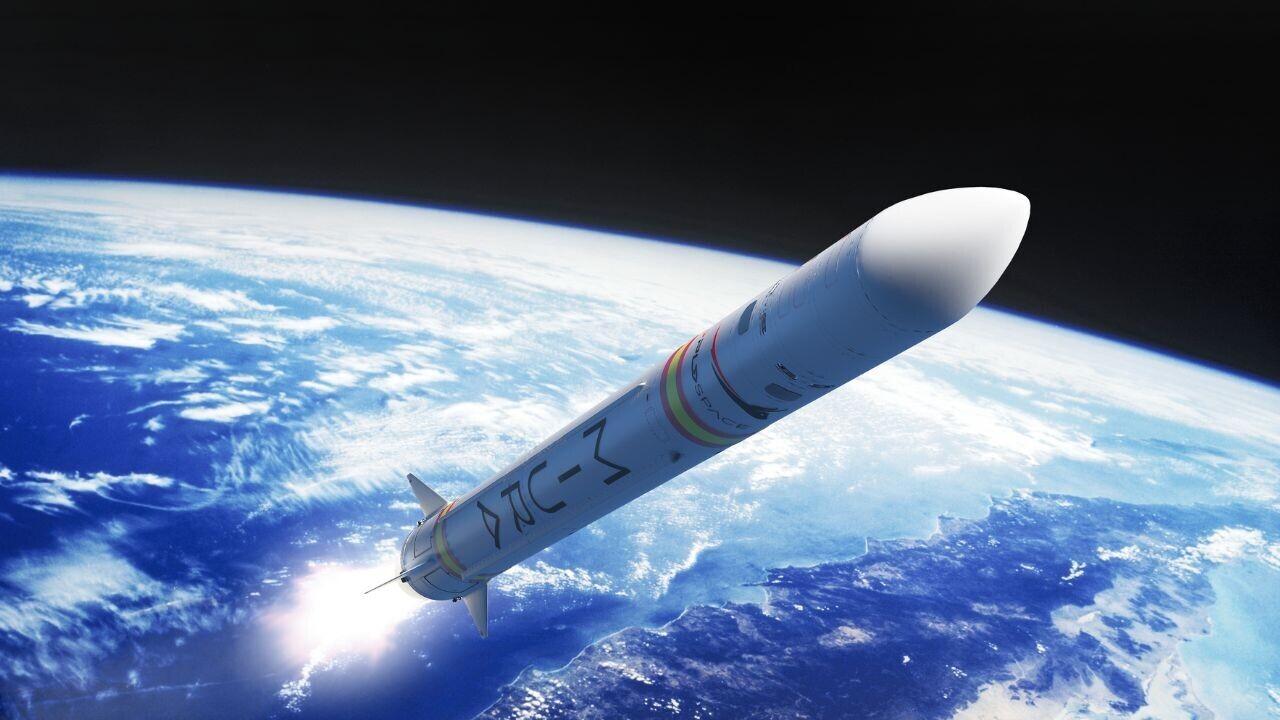
Story by
Ioanna Lykiardopoulou
Ioanna is a writer at TNW. She covers the full spectrum of the European tech ecosystem, with a particular interest in startups, sustainabili Ioanna is a writer at TNW. She covers the full spectrum of the European tech ecosystem, with a particular interest in startups, sustainability, green tech, AI, and EU policy. With a background in the humanities, she has a soft spot for social impact-enabling technologies.
As Europe ramps up its efforts in launching commercial rockets into space, Elche-based startup PLD Space wants to put Spain on the map. The company plans to launch the first private reusable rocket from Western Europe.
Named after a famous breed of bull in Spain’s bullfighting tradition, the Miura 1 rocket is set for its maiden voyage later this year, although the launch date hasn’t been specified.
Miura 1 was unveiled on March 11, touted by Spain’s Prime Minister as an important development that will put the country “at the vanguard of this emerging but potent industry.”
Welcome MIURA 1 ♥️ pic.twitter.com/KBi5aifa5L
— PLD Space (@PLD_Space) March 11, 2023
PLD Space aims to launch the rocket at a designated site in Hueva in Southern Spain, and is already conducting pre-flight tests.
The activity at our launch base in Huelva is frenetic.
We’ve started the pre-flight tests of MIURA 1 in a unique setting and, for now, everything is running according to plan 🌅🚀 #VAMOSMIURA1 #MIURA1
— PLD Space (@PLD_Space) March 16, 2023
Miura 1 is a suborbital microlauncher, privately developed in Europe and designed with a twofold mission in mind: delivering commercial payloads to space and back, and enabling research and technology development in microgravity conditions.
The mirolauncher features four payload compartments and has a cargo capacity of 100kg. Miura 1’s standard flight duration is 12 minutes, and it can travel up to a height of 150km — its peak of suborbital flight.
Miura 1 can spend three to four minutes in microgravity, and it needs four hours to recover the payload after the flight. According to the startup, it will do four missions per year.
The expected launch will mark another significant step in bolstering Spain’s international position in space. Last November, the European Space Agency recruited the first two Spanish astronauts in 30 years, while in March, the country launched its own state space agency with an initial budget of over 700 million for this year.
If you want to experience Spain and its startup ecosystem for yourself, we’ve got something special for our loyal readers. Join us at TNW València on March 30–31, and use the promo code TNW-MEDIA-50 to get a 50% discount on your business pass.
Get the TNW newsletter
Get the most important tech news in your inbox each week.
Also tagged with